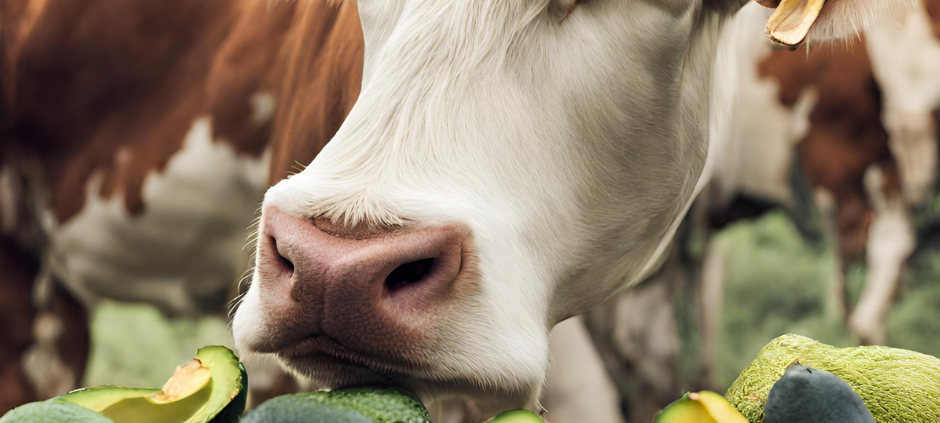Good Fats, Bad Fats
The data about consuming fats is confusing. There are good fats and bad fats. The distinction is important if we are trying to eat healthy. In doing so, I try to avoid the bad fat. However, we need some fat to feel full. If you try to eat low-fat foods beware that many are fat with sugars which are as bad as fat. Perhaps, the Torah can alleviate my confusion.
Exodus 29:13 instructs that the priests when making sacrifices to “take all the fat that covers the entrails, the protuberance on the liver, and the two kidneys with the fat on them, and turn them into smoke upon the altar.” The word for fat in Hebrew here is helev. In Genesis 4, the word helev is used when Abel offered the finest of his flock. When Pharaoh tells Joseph to bring his family to Egypt where, rather than experiencing famine, they will eat “of the fat (helev) of the land” (Genesis 45:18), which is a poetic way of saying “the very best.” Later at Leviticus 3:17 God tells us never to eat helev. The fatty protective layer in a bull or ram is considered the choicest part of the animal, and thereby reserved for God. Perhaps the Torah imagines helev to be too delicious for mere mortals.
Rabbi Micha’el Rosenberg explains that the fat connects to the blood, and the blood is the life force coursing through all flesh. As we are prohibited from eating blood, so too we should avoid fat
Another explanation comes from Leviticus 3:5 directing the burning of helev to create a pleasing, sweet odor for God. While the vegetarians among us will cringe, our ancestors prized the smell of burning fat. Moreover, when burned on the altar, fats created an unimpeded and uncontaminated connection to the Divine.
Why is the sense of smell so precious to God? The sense of smell is unique among the five senses as the only sense not corrupted in the Garden of Eden. As you may recall, Adam and Eve saw the tree, heard the snake, touched the apple, and tasted the apple. Their sense of smell remained pristine, and thereby holy.
When considering which fats to consume, there are holy choices. While a juicy steak might be delicious, perhaps we should leave the foods laden with animal fat for special occasions. Without an altar, we burn fats these days taking a walk after dinner. When looking for culinary satisfaction, don’t substitute fat with sugars. Let the inherent sweetness of foods please your sense of smell and your palate.
The Torah says make a holy choice. Just leave the animal fat for God and buy some avocados.
Rabbi Evan J. Krame






 Evan J. Krame was ordained as a rabbi by the
Evan J. Krame was ordained as a rabbi by the